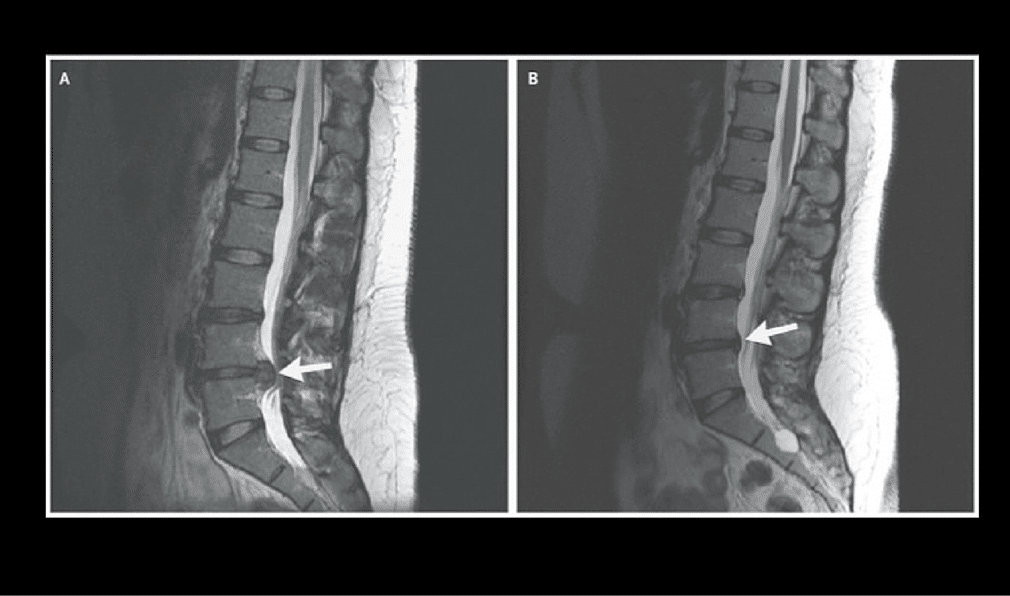Dubai offers endless options for fitness, wellness, and rehabilitation.
But with so many physiotherapists in the city, how can you know who’s truly right for you?
If you’re in Dubai Marina or Palm Jumeirah, choosing the right physiotherapist can make the difference between short-term relief and long-term transformation. Let’s explore what truly sets the best physiotherapists apart, and how to find one who helps you move, feel, and perform at your best.
1. Look Beyond Pain: Focus on the Root Cause
A great physiotherapist doesn’t just treat symptoms; they investigate the underlying cause of your pain or dysfunction.
That often means going deeper than muscles and joints, into how your nervous system, breathing, and sensory feedback influence your body’s movement and recovery.
If your therapy sessions feel repetitive or surface-level, it might be time to look for a more neurology-driven approach.
2. Neurological Physiotherapy: The Missing Link
The nervous system is the command center of your body.
Every muscle contraction, every sense of balance, and even your pain response originates in the brain.
A physiotherapist trained in neurological rehabilitation can help:
- Reprogram how your brain perceives and responds to pain.
- Restore balance, coordination, and body control.
- Improve posture, focus, and performance in everyday life or sport.
This is where advanced physiotherapy in Dubai Marina and Palm Jumeirah truly stands out, by integrating brain-based methods that conventional therapy often overlooks.
3. The Power of Breathwork in Recovery
Breathing isn’t just about relaxation, it’s a vital part of your rehabilitation.
Modern physiotherapists use breathwork to:
- Improve oxygen delivery and energy levels.
- Calm the nervous system through vagus nerve activation.
- Support spinal alignment and core stability.
When done right, breathing therapy amplifies every other technique, from manual work to neurological drills, leading to deeper, faster results.
4. Technology and Personalization Matter
Dubai is a city of innovation, and your recovery should reflect that.
The best physiotherapy approaches combine photobiomodulation (red light therapy) and biofeedback systems with individualized care plans.
Red light therapy enhances mitochondrial energy, accelerates tissue repair, and reduces inflammation, making it a key ally for both injury recovery and performance enhancement.
Ask your physiotherapist if they integrate these modern tools and whether your program is adapted to your unique nervous system, lifestyle, and goals.
5. Communication and Trust
Your therapist should make you feel seen, heard, and empowered.
The best results happen when you fully understand your body and take an active role in your recovery.
That’s why a clear, educational, and human connection is key — especially in high-performance physiotherapy.
Book Your Session and Feel Better Than Ever
If you’re ready to experience a smarter, more personalized approach to recovery, I’d love to help. Book your session with a specialist physiotherapist in Dubai Marina or Palm Jumeirah, and discover how neurological therapy, breathwork, and red light therapy can help you move, feel, and perform better than ever.










